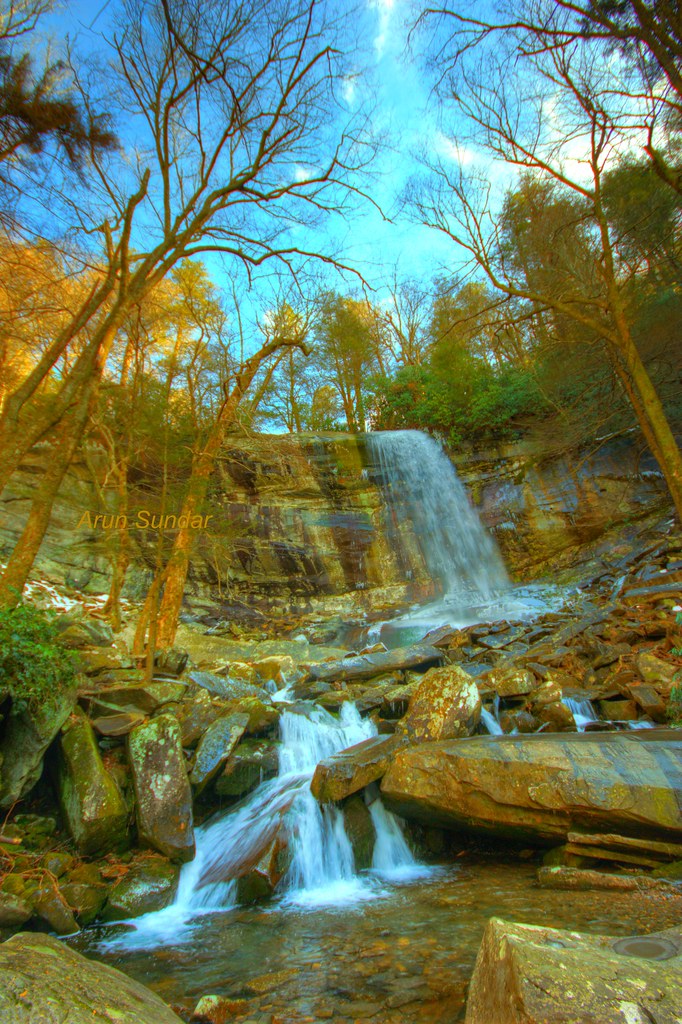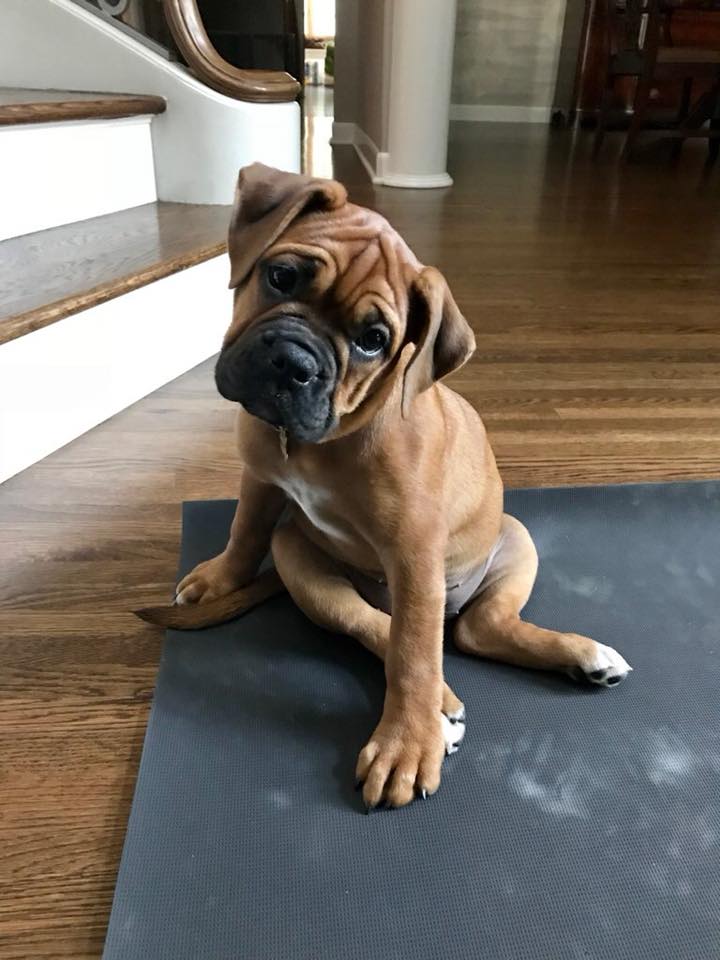Hi, friends!
- How To Be A Great Student.thoughtfull English Dictionary
- How To Be A Great Student.thoughtfull English Subtitles
- How To Be A Great Student.thoughtfull English Dub
- How To Be A Great Student.thoughtfull English Learning
I'm writing today's post in response to an assignment to review a journal article related to my teaching field, social studies. As I browsed through various journals, an article in the May 2015 edition of The History Teacher, the journal of The Society for History Education, caught my attention. Best customer database app for mac. In 'How to Make Field Trips Fun, Educational, and Memorable: Balancing Self-Directed Inquiry with Structured Learning,' Dr. Gregory Rohlf, a professor of Asian history at the University of the Pacific, examines the pedagogical effectiveness of field trips as an active learning component of history classes. This topic appealed to me because I've been thinking about field trips after visiting the National World War II Museum in New Orleans, Louisiana last month. Although I'm from Louisiana, I had never visited the museum before, and it proved to be a truly fabulous experience. From the film showing, to the exhibits devoted to different aspects and theaters of the war, and even to the on-site restaurant, I enjoyed every minute of my time there. And, as I passed through the galleries and interacted with the various displays and artifacts in the museum's collections, I kept thinking, 'this would be a fantastic field trip one day.' Now, I know what you're thinking–'DUH, Kat! Of course it would be a great trip!' But, there are challenges to making a field trip a helpful learning tool and not just a time for students to space out while being away from the classroom, and I wondered how exactly I would structure a trip to such an extensive museum to provide the best possible experience for my students. It's not quite as simple as packing the students on a bus, filing them into the museum, and letting the tour guides take over. So, I found Dr. Rohlf's at a very good time, and it's been very helpful for considering how I can make field trips a relevant, valuable component of my teaching in the future.
Dr. Rohlf acknowledges that part of the reason history teachers often rely on active learning strategies (like simulations, games, movies, and the case of this study, field trips) is that students tend to think that learning about history means just memorizing a bunch of facts and regurgitating them on an exam. Based on my own experience, I'd have to agree with him: all too often, history gets a bad rap for being boring and irrelevant. Rohlf points out that part of the reason that this stigma has followed history around is that there is no active learning element for the historical field in the same way as there is in the sciences (biology labs, geology field work, archaeological digs, etc.). Relying on his own experiences with and analysis of the annual field trip he organizes to the Asian Art Museum in San Francisco, California, Rohlf suggests that history teachers start viewing field trips in the same way that scientists think of field work–they should be the 'lab components' of history courses. While there are those who question the merits and effectiveness of field trips, Rohlf argues that field trips can and do facilitate advanced learning and have long-term impacts on the lives of participants. In order to utilize field trips as tools for promoting students' critical learning and deep thinking, Rohlf recommends that teachers use them in conjunction with structured pre- and post-trip study and discussion, so that students are prepared for what they will see at the site and encouraged to make connections to what they have learned in the classroom and to their own lives. When placed in this context, Rohlf maintains that field trips afford students a chance to 'gain knowledge and skills through both physical and cognitive interactions' (p. 519), especially when students are allowed unstructured time to peruse the site at their own pace in addition to the guidance of an on-site expert. According to Rohlf, these elements, coupled with the fun and novelty of spending a day away from the classroom, are what make field trips truly memorable and worthwhile experiences for students. By supplying students with the proper context for what they will experience and by providing them with the time to interact personally with the field trip location, history teachers can make field trips a truly positive experience, and can use them to build a lifelong love of learning in their students.
The population of English language learners (ELLs) has been steadily growing, so chances are you've had at least one ELL in your class. In fact, according to the most recent U.S. Department of Education data, an estimated 9 percent of public school students are ELLs, and in some states, that percentage is over 22 percent. Testing your English honestly, and finding out the areas you can improve is a good step on the way to mastering the language that is dominating the business world. The level held by many non-native speakers is becoming increasingly high which means you have growing competition. The personality of Havelock Ellis is that of a student, thoughtful, preoccupied, bookish, deliberate; yet unlike most students he has a sort of grand air of Nature about him - a fine free head and figure as of some great god Pan, with distant relations among the Satyrs. 100 things you can do to improve your English. Have a read of the below list and we are sure you will find a lot of helpful tips to improve your English! Don't be afraid to make mistakes. People can only correct your mistakes when they hear you make them. Surround yourself in English. Put yourself in an all English speaking. I'm writing today's post in response to an assignment to review a journal article related to my teaching field, social studies. As I browsed through various journals, an article in the May 2015 edition of The History Teacher, the journal of The Society for History Education, caught my attention.
I found all of this information really interesting, and, as I said, very relevant to things I'd already been thinking about on the subject of field trips. As I look forward to beginning my own career in the classroom, I hope that I will be able to make field learning a truly memorable element of my own pedagogy. After all, history is all around us. We just have to stop and take the time look at it in the right way, and we can all learn something!
Rohlfe, G. (2015, May). How to Make Field Trips Fun, Educational, and Memorable: Balancing Self-directed Inquiry with Structured Learning. The History Teacher, 48(3), 517-528. Retrieved June 3, 2015, from https://libproxy.usouthal.edu/login?url=http://search.ebscohost.com/login.aspx?direct=true&db=a9h&AN=102820105&site=ehost-live&scope=site
If you're interested in checking out Dr. Rohlfe's article for yourself, here's the link:
- http://www.societyforhistoryeducation.org/pdfs/M15_Rohlf.pdf (open access)
- https://libproxy.usouthal.edu/login?url=http://search.ebscohost.com/login.aspx?direct=true&db=a9h&AN=102820105&site=ehost-live&scope=site (through the University of South Alabama's library)

Thanks for stopping by!
Kat
How To Be A Great Student.thoughtfull English Dictionary
One of the things I've learned during my 20 years of work as a school director is that, no matter how good and committed a teacher is, he will never, ever make the learning happen unless the students are fully committed as well. We can teach but never learn for our students.
Learning a language requires effort, dedication, discipline and commitment from the student side.

Thanks for stopping by!
Kat
How To Be A Great Student.thoughtfull English Dictionary
One of the things I've learned during my 20 years of work as a school director is that, no matter how good and committed a teacher is, he will never, ever make the learning happen unless the students are fully committed as well. We can teach but never learn for our students.
Learning a language requires effort, dedication, discipline and commitment from the student side.
How To Be A Great Student.thoughtfull English Subtitles
Having that in mind I made a list of things adult students can do to make the most of their course. Please feel free to add to the list.
How To Be A Great Student.thoughtfull English Dub
- When in class be in class. Turn off your mobile and any other device that can serve as a distraction. Focus is important.
- Have a pro- active attitude during the class. Ask questions, say so when you don't understand something, ask for clarification, more than once if necessary. Teachers are patient and love student who ask questions.
- If you don't understand the reasons behind an activity, tell it to your teacher. Knowing why you're doing something in class helps you to perform well.
- If you prefer one kind of activity, tell your teacher. We understand that some students prefer specific activities and we know that people learn better when they enjoy what they are doing.
- Trust your teacher!
- Take notes during the class. It'll help you revise latter on and even if you don't revise the act of taking notes helps you to remember things.
- After the class read your notes.
- Organize a vocabulary notebook. And keep adding new words to it.
- Whenever possible bring English to your life out of classroom: watch TV in English, it may be tough in the beginning but do not give up, the more you do it the better you'll become. Read things you like in English-a magazine, newspaper, internet…
- Join a conversation class/group.
How To Be A Great Student.thoughtfull English Learning
Hope it can help!
